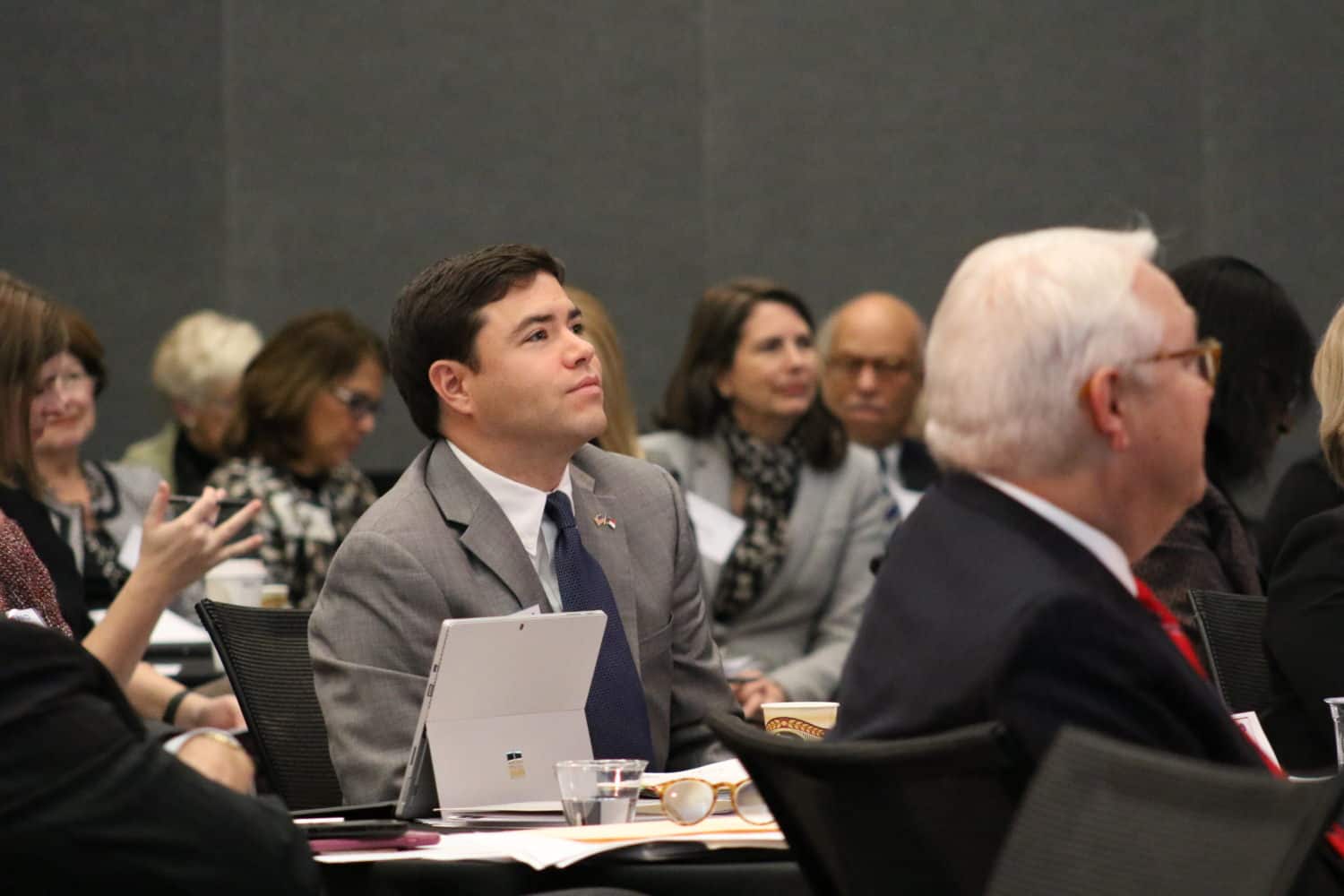That we did not secure the new Toyota-Mazda facility and those 4,000 jobs was bad news. North Carolina put forth a strong, bipartisan effort to woo the company, and I commend the governor and our legislative leadership for their work. Despite offering over $1.5 billion in incentives, four times that of our competition, Toyota said no. It was a big blow to our state.
With every challenge though, there is also opportunity for improvement. What can we learn from this experience? How can we strengthen North Carolina’s position? Let’s look at how we might overcome potential challenges by providing the best talent pipeline possible for the next major manufacturer.
First, in full-disclosure, I drive an 18-year-old Toyota pickup truck.
That truck is what I drove to and from West Charlotte High School every day when I taught there. I saw firsthand the need to connect students to post-graduation job opportunities instead of treating college as the only path to success. I also drove the pickup across the state as I spread that message in my campaign for NC Superintendent.
Now, as superintendent, I often drive that same truck across North Carolina. I hear from community and business leaders that even though employers have high-paying jobs for graduates, they can’t find enough qualified candidates for those jobs.
Others can debate how we build a competitive auto parts supply chain without first having a major auto factory here. I have a more effective solution to strengthen the job creators already in North Carolina and attract more. We must offer a talent pipeline unmatched by our competitors and eliminate one of the biggest challenges companies currently face — recruiting skilled workers.
Supplying a skilled workforce that companies can’t get elsewhere starts in our public schools. North Carolina must demonstrate to students that we support multiple paths to success after graduation. The choice is theirs — an immediate career, military service, apprenticeship, skills training at community college, or going to college. We need to transform our education system to provide the training our students need in the 21st century.
At your N.C. Department of Public Instruction, guiding students into the talent pipeline is now the top priority. Educators know college might not be the path to success for every student. Your elected leaders, including me, must empower students with career pathways that provide them the best opportunity to pursue their American Dream.
Such efforts, like the drive to land the Toyota plant, should be bipartisan. We will work closely with other state leaders to make filling the talent pipeline a statewide priority for our job creators, and more importantly, our students.
In the coming legislative session, our agenda will champion more legislation like Future Ready Students and Education Workforce Innovation. Through these programs, we are working with local school districts to form their own collaborative partnerships of school, community college, and local business leaders to assess the workforce needs in each community, urban or rural. Students will learn about all post-graduation opportunities and the training path for each. We recently awarded $700,000 in Education Workforce Innovation grants. These state funds are supporting career coaches in school districts around the state who will better guide students to find the best post-graduation choice for them.
I am also honored to help UNC system President Margaret Spellings, as well as other business, community, education, and philanthropic leaders, on the My Future NC Commission. Together, we will help address this critical issue. Whether learning a trade or attending college, students with career training during or after high school will be better prepared to fill the high-paying jobs available in North Carolina.
These leaders know the needs of schools, employers, and communities and will help identify the educational attainment goals North Carolina must pursue. We will also recommend strategies for overcoming obstacles. Public support for these objectives, and for the work ahead to implement them, is crucial.
Call on your elected leaders to support plans for connecting students to the path that best prepares them for pursuing their American Dream after graduation. I can probably drive my Toyota pickup for another 18 years, but I’d love to get a new one made in North Carolina long before then.



